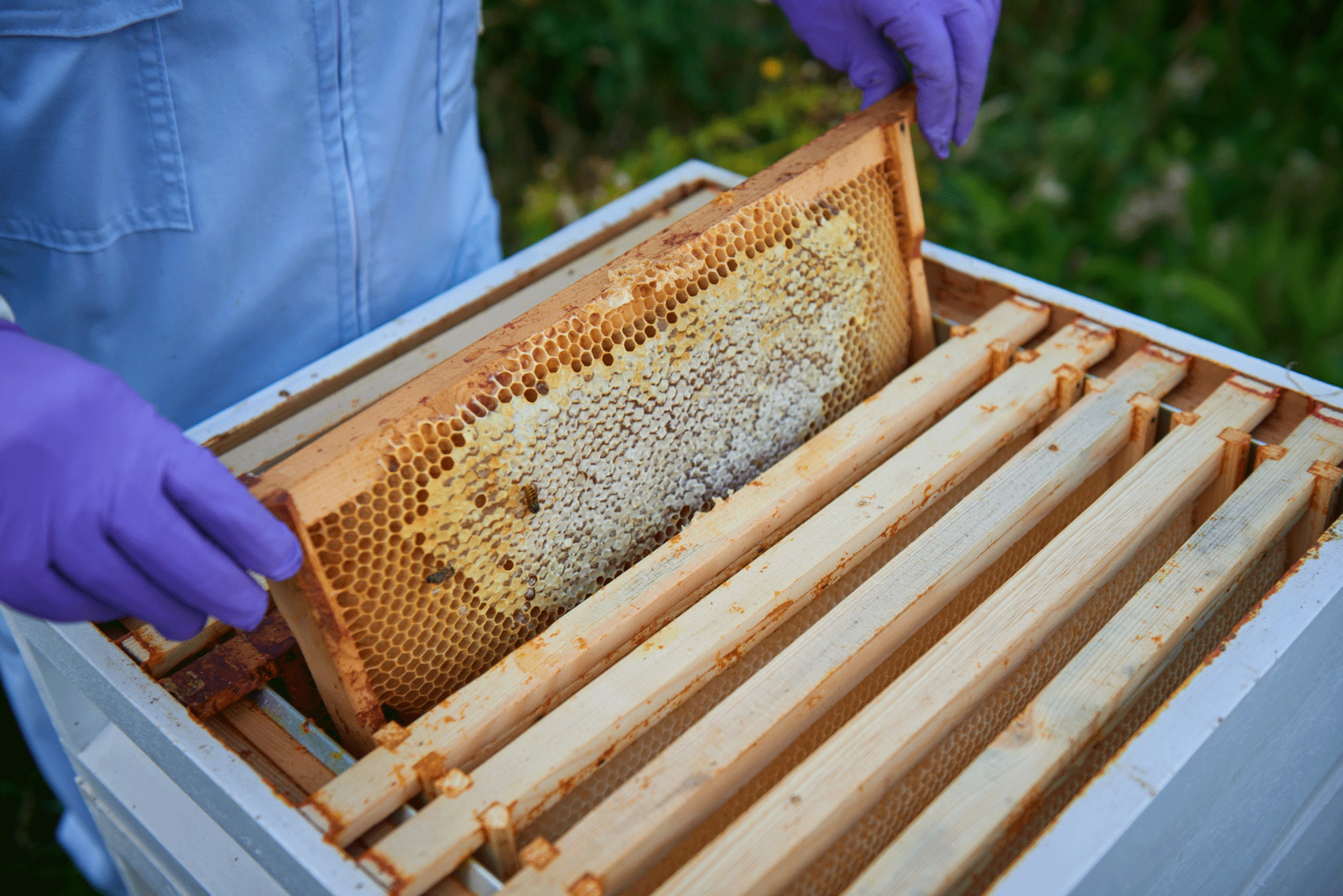From Rolls Royce to Lamborghini and Bentley, luxury car brands are growing and pursuing their commitment to defending bees and biodiversity.
We often talk about the importance of bees and the crucial role they play in protecting biodiversity. Over time, even car manufacturers have realized an importance, which in order to make a contribution they have chosen to start a series of projects aimed at protecting bees that, among the side effects, also contribute to the production of honey. “Elite”.
Bees, as we know, not only make honey, but are essential for the planet’s survival. It is thanks to them and the “free” pollination that they provide, in fact, that the most important cultures reproduce and thrive, so it is essential to preserve them and allow them to continue working for us.
Among the car brands that stood out for their commitment to the protection of bees is Lamborghini, which in 2017 launched an environmental biomonitoring project within the Sant’Agata Bolognese plant: analyzing the levels of pollution locally, an area of natural interest to the park Lamborghini hosts a biomonitoring station composed of three hives that form an apiary for the production of honey.
Lamborghini, the honey produced is donated to employees
The constituent elements of the hive, from honey to pollen that passes through wax, propolis and the bees themselves, are analyzed to detect a wide spectrum of pollutants, from pesticides used in agriculture and in urban and private greens to heavy metals, radionuclides and aromatic compounds. and dioxins. In the case of Lamborghini, the honey produced, around 350 kg a year, obtained mainly from dandelion, lime or wild flowers, is delivered at Christmas to employees of the well-known sports car brand, but also to Ducati employees, like Lamborghini part of the Volkswagen group galaxy.
Rolls Royce, in Goodwood, 20 hectares of field for bees
Even Rolls Royce launched a honey production creating, in 2017, the Goodwood apiary. In the wooded area of around 20 hectares around the factory, six wooden hives were installed, each identified with the name of iconic car models of the English brand Phantom, Wraith, Ghost, Dawn and Cullinan, while a beehive takes its name by Spirit of Ecstasy, the figurine that has always been on the hood of British luxury cars.
In total, 250 bee hives were adopted by Rolls Royce and found their ideal habitat in the green landscape around Goodwood. For the British company, this is an initiative that aims to protect the environment and biodiversity that joins the rest of Rolls Royce, such as thermal lagoons, rainwater management and collection systems and shelters for wild birds.
The bees involved in the project continued to work even during the blockade, when the production of cars was interrupted by Covid-19, a stop that actually favored the production of honey, which broke the record of previous harvests. Honey collected and processed by local experts is donated to customers and guests at the Rolls Royce plant.
In rural Cheshire, thanks to Bentley 120.000 bees are protected
Remaining in England, in Crewe, home of Bentley, another well-known luxury brand, 120.000 bees have lived since 2019 divided into two hives installed with the help of local beekeepers, who suggested sowing numerous varieties of wild flowers in the affected area. with the vegetation of the Cheshire field, forming an ideal habitat for bees.
Crewe’s hives produce about 15 kilos of honey, the equivalent of 50 jars that, again, are distributed internally to employees. In addition, the hives were also recently accompanied by houses for birds and bats, other threatened inhabitants of the area, who thanks to Bentley’s contribution will be able to thrive in a habitat tailored for them.
Why is it so important to protect bees
The auto industry’s commitment to protecting bees can only be seen as a positive sign, a symptom that awareness that has been going on for years is finally paying off. In recent years, the population of bees and other pollinating insects has dropped dramatically, and a day of global awareness was dedicated to bees on 20 May.
According to FAO estimates , bees and other pollinators, such as birds and bats, affect the production of 35% of the world’s crops, positively affecting the production of 87 of the most important crops, as well as that of various medical products. The number of bees and other pollinators is decreasing in different parts of the planet, mainly due to intensive agriculture, monocultures, excessive use of chemical fertilizers and rising temperatures caused by climate change. If this trend continues, as we have said several times in recent years, foods of great importance for nutrition may disappear for good.





